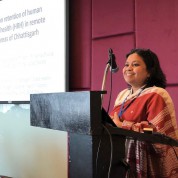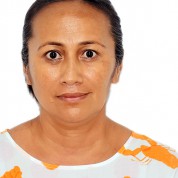PS 1.1
Climate Injustice: Ethics, Distributions, Fairness, and Justice
27
Jan
Global climate change is causing losses in foods, jobs, lives, and other areas throughout the global ecosystem. The impacts of these problems, including their most immediate consequences are felt most severely by communities that are already marginalized in one or more dimensions, whether economically, politically, socially, geographically, or otherwise. For example, in West Africa climate change is displacing people and increasing conflict, advancing food insecurity, and causing economic losses of nearly $4 billion annually due to erosion, according to 2019 World Bank estimates. Although climate change is a global phenomenon, as these figures suggest the impact is not universally felt. Rich countries and elite populations are more able to insulate themselves against the effects of climate change. The unfairness of this reality is compounded by the disproportionate responsibility born by the wealthy for producing carbon and other chemicals that cause climate change. Against this background, it is imperative to examine the ethical, distributional, and justice aspects of climate change.
The objectives of this session include clarifying examining major issues in the ethics and justice of climate change, considering the distributional aspects, and examining both accountabilities and responsibilities. The session will create a forum for advancing views from important constituencies, illuminating core issues of this area, and suggesting important solutions.
SPEAKERS
Biosketch
Anand Bhopal
Bhushan Tuladhar
Maureen Penjueli
Soukeyna Sylla
Sulakshana Nandi






